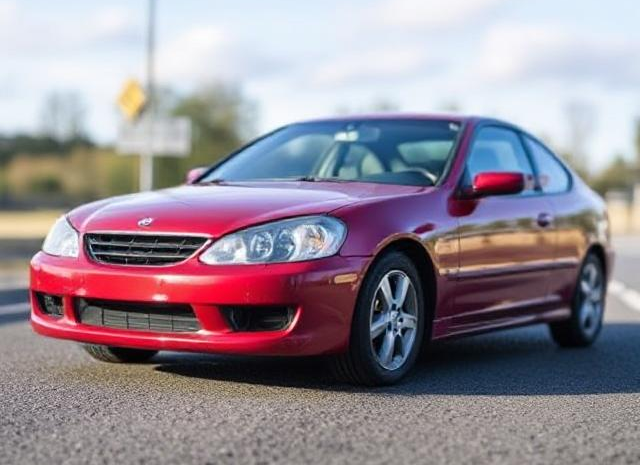
Understanding No-Fault Auto Insurance And How It Works
No-fault auto insurance is a system where, after an automobile accident, each driver’s own insurance company covers their medical expenses and related losses, regardless of who was at fault. This approach aims to streamline the claims process and reduce the need for litigation.
Key Features of No-Fault Insurance:
- Personal Injury Protection (PIP): Under no-fault insurance, drivers carry Personal Injury Protection coverage, which pays for medical bills, lost wages, and other accident-related expenses for themselves and their passengers, irrespective of who caused the accident. nationwide.com
- Limited Right to Sue: In no-fault states, the ability to sue the at-fault driver for pain and suffering is restricted. Legal action is typically only permissible if the injury meets certain thresholds, such as significant medical expenses or severe disfigurement. progressive.com
No-Fault Insurance in the United States:
As of 2023, 12 U.S. states have adopted some form of no-fault insurance system. These states include Florida, Michigan, New York, and Pennsylvania. The specifics of no-fault laws vary by state, including the types of coverage required and the criteria for legal action.
Benefits of No-Fault Insurance:
- Faster Compensation: Since each driver’s own insurance covers their expenses, victims receive quicker compensation without waiting to establish fault.
- Reduced Legal Costs: By limiting lawsuits, no-fault insurance can decrease legal expenses and the burden on the judicial system.
Criticisms and Considerations:
- Increased Insurance Costs: Some argue that no-fault systems can lead to higher insurance premiums due to broader coverage requirements.
- Fraudulent Claims: There is concern that no-fault systems may lead to increased fraudulent claims, impacting overall insurance costs.
No-Fault Insurance Outside the United States:
In Nigeria, where you are located, the mandatory third-party motor vehicle insurance system requires drivers to have at least third-party liability coverage. This coverage is valid across all Nigerian states and covers damages to other parties in the event of an accident.
europa.eu However, the no-fault system, where each driver’s own insurance covers their expenses regardless of fault, is not commonly practiced.

